Petrochemicals CarbonFiber Plastics 02-09-2020 - Arhive
Petrochemicals CarbonFiber Plastics
Crude Oil Prices Trend

-Researchers Discover Method to Produce Plastics Without Using Fossil Fuels
Researchers have identified a formerly unknown method through which certain bacteria create the chemical ethylene—a discovery that could pave the way for producing plastics without using fossil fuels.
Ethylene production plants like this one may one day use bacteria rather than fossil fuels. Image Credit: The Ohio State University.
Recently published in the Science journal on August 27th, 2020, the study demonstrated that the microorganisms produced ethylene gas as a byproduct of metabolizing sulfur, which they require for their survival.
However, according to Justin North, the study’s lead author and a research scientist in microbiology at The Ohio State University, the process used by the bacteria to do that could render it highly useful in manufacturing.
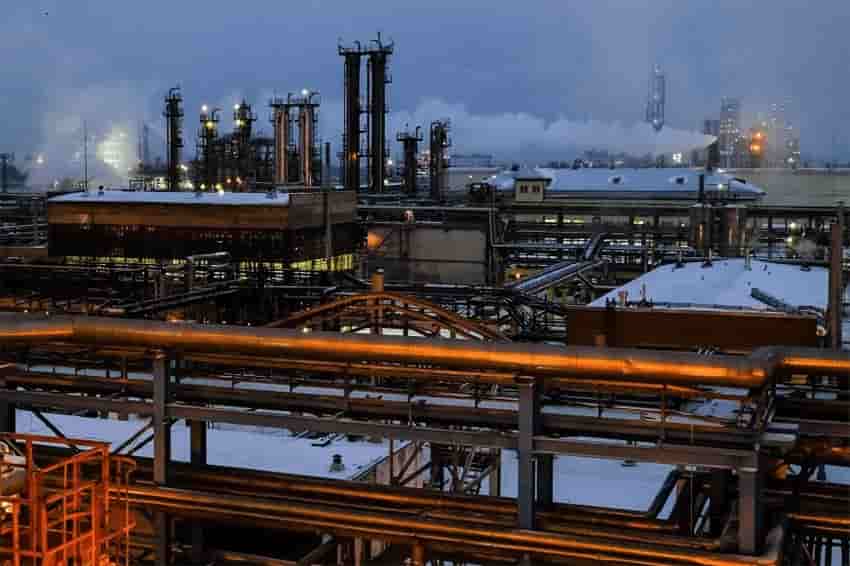
-Packing a sustainable punch: how Europe is forming a new relationship with plastic
Business Planet heads to Austria to see how one large family firm is attempting to turn the problem of plastic pollution from packaging into a sustainable business opportunity.
Today’s modern economy would not function without plastic, but the waste it generates has created a public backlash because of concerns over its environmental impact. Innovative ways of producing, reusing and recycling plastic are therefore needed if we are to change our relationship with this essential material. Petrochemicals CarbonFiber Plastics
Putting the fantastic back into plastic
ALPLA is a major converter and recycler of plastics. A global leader, the Austrian company is committed to developing innovative sustainable packaging systems. One of its core products is a bottle made from so-called PET, (polyethylene terephthalate) already recycled plastic that can be used again and again.
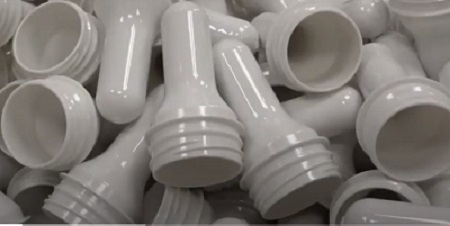
-Evian crushes carbon footprint with lighter, easier-to-recycle bottle
Newly designed bottle uses 11% less plastic and up to 50% rPET, and features new look that reflects ‘Live young’ theme.
Danone Waters of America, Inc. has redesigned its classic 1.5-L evian bottle as part of the company’s ongoing effort to reduce its ecological impact.
The new bottle, made of up to 50% recycled PET, remains 100% recyclable while using 11% less plastic, resulting in a weight of 3.4 g less than the previous design (down to 28.6 g per bottle). Petrochemicals CarbonFiber Plastics
This reduces the bottle’s overall carbon footprint by 32%, says Danone Waters. According to the company, the newly designed bottle represents an important step in evian’s environmental policy, which targets a CO2 emissions reduction of 40% between 2008 and the end of 2011.

-Plastics use in vehicles to grow 75% by 2020, says industry watcher
By 2020, the average car will incorporate nearly 350 kg of plastics, up from 200 kg in 2014, according to analyst IHS Chemical (Englewood CO).
Meanwhile, the market for carbon fiber in car manufacturing is expected to nearly triple in the coming years. Usage of carbon fiber in automotive manufacturing will increase to 9,800 tonnes in 2030, up from 3,400 tonnes in 2013.
These predictions are made in a report titled, “Weight Reduction in Automotive Design & Manufacture.” Petrochemicals CarbonFiber Plastics

-Shell Catalysts & Technologies catalyst selected for major petrochemical projects
Shenghong Refining and Chemical (Shenghong) has selected Shell Catalysts & Technologies (SC&T) to provide catalyst for its C2 FE selective hydrogenation units, the core reaction unit of its 1100 KTA grassroots ethylene Plant in Lianyungang, China, according to Hydrocarbonprocessing. Petrochemicals CarbonFiber Plastics
The ethylene cracker is part of Shenghong’s grassroots integrated refining and petrochemical complex. The plant is the third largest ethylene cracker, making SC&T the catalyst supplier to the three largest petrochemical plants in China.
The two largest plants, Zhejiang petrochemical (ZPC) and Hengli Petrochemical currently utilize C2 FE selective hydrogenation catalyst from SC&T, and both successfully started up in December 2019 and January 2020 respectively.
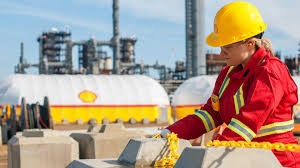
In the week started Aug. 30, prices in some petrochemicals products are likely to remain bearish, with more buyers aiming to buy October cargoes than September.
With the startup of new and existing plants expected in the near future, some markets are pausing on demand to see how much supply will flood the market.
Ethylene
Arbitrage from the US to Asia is likely to remain closed amid strong FOB USG prices, leading to a bullish view on prices due to tight supply.
Asian ethylene spot discussions are expected to extend to October arrival cargoes, while most September demand had been fulfilled.
Overall demand remains weak amid healthy domestic supply from China and the expectation that two new crackers with a total 2 million/year of ethylene capacity — Sinopec Zhanjiang and Sinochem Quanzhou — are due to start up in the week started Aug. 30. Petrochemicals CarbonFiber Plastics
Styrene monomer
The Asian styrene market is likely to see fewer arrivals at ports, but domestic supply was increasing with the return of two major domestic producers. Despite pressure from high inventory levels, strength in China’s styrene futures may lend some pricing support to the spot market, with an expectation of rangebound prices. Downstream ABS and PS are expected to stay firm on the back of tight supply and strong demand.
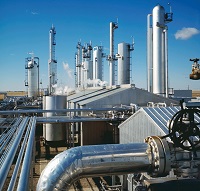
-Istat: Italy’s GDP -12.8% in the second quarter, never so decreasing since 1995
In the second quarter of 2020, gross domestic product decreased by 12.8% compared to the previous quarter and by 17.7% compared to the second quarter of 2019. A decline that has never been recorded in these terms since 1995. This was reported by the Istat.
The preliminary estimate of the short-term change in GDP released on 31 July 2020 was -12.4% while the trend estimate was -17.3%. The second quarter of 2020 had one working day less than both the previous quarter and the second quarter of 2019. The change acquired for 2020 is equal to -14.7%. Petrochemicals CarbonFiber Plastics
Compared to the previous quarter, all the main aggregates of domestic demand decreased, with decreases of 8.7% for final national consumption and 14.9% for gross fixed investments.
Imports and exports decreased by 20.5% and 26.4% respectively. National demand net of inventories contributed -9.5 percentage points to the contraction in GDP, with -6.7 points in consumption by households and private ISP social institutions, -2.6 points in gross fixed investments and -0 , 2 points of Public Administration (AP) expenditure. The change in inventories and net foreign demand also contributed negatively to the change in GDP, respectively by -0.9 and -2.4 percentage points.
Istat recorded negative economic trends for added value in all the main production sectors, with agriculture, industry and services down, respectively, by 3.7%, 20.2% and 11%.
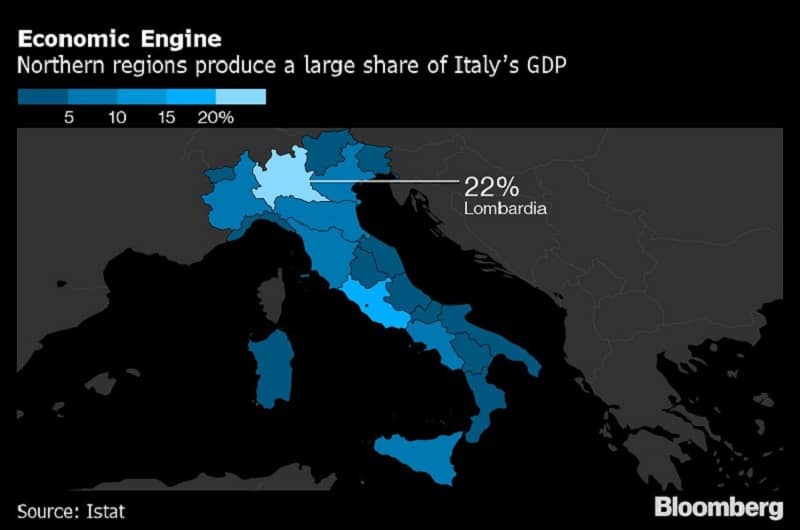
-Japan’s Showa Denko secures licence to process industrial waste
Showa Denko KK (SDK) intends to promote plastic chemical recycling as the company obtained in July a licence to process industrial waste, the Japanese producer said on Monday.
It has started accepting used plastics, which were crushed and molded, it said in a statement. Petrochemicals CarbonFiber Plastics
“SDK obtained the license to process industrial waste as a response to the increase in such social needs,” it said.
“These days, social needs for high-technology based recycling of used plastics as a countermeasure against plastic-debris problems including marine plastic problem have been increasing,” the company said.
Showa Denko has been operating a plastic recycling business in Kawasaki, Kanagawa prefecture since 2003.
“SDK is the only company in the world that has track record of long-term commercial operation of plastic chemical recycling through gasification,” it said.
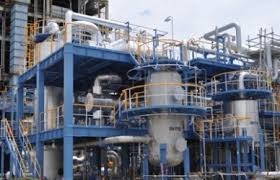
-Asian plasticizers market eyes brighter September as import talks stall
Import discussions have slowed to a trickle in the Asian plasticizers market amid a wide buy-sell gap.
- Talks to ramp up in September
- Import prices have stagnated amid buy-sell gap
- Demand for DOTP remains the bright spot
Sellers have been hanging on to higher offers to protect their margins as feedstock prices remain high, while buyers are hesitant to commit amid falling prices in China’s domestic market.
But market players remain optimistic that sentiment for plasticizers in general could be revived in September, as talks ramp up ahead of the traditional seasonal peak at the start of Q4. Petrochemicals CarbonFiber Plastics
Demand is also expected to see an uptick before the long holiday in China at the start of October, one seller said.
“There’s optimism for discussions and demand to increase as we move into September,” a separate producer said.
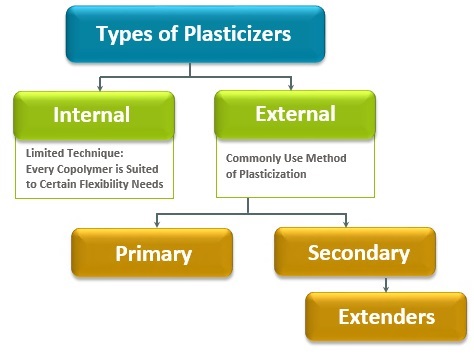
-Microplastics in farm soils: A growing concern
Researchers say that more microplastics pollution is getting into farm soil than oceans—and these tiny bits are showing up in our fruits, veggies, and bodies.
Mary Beth Kirkham hadn’t studied microplastics when she was invited to co-edit a new book about microplastics in the environment—but something stood out to her about the existing research. Petrochemicals CarbonFiber Plastics
“I had read in the literature that…cadmium and other toxic trace elements [are] increased when we have these particulate plastics in the soil. So, that was of concern to me,” Kirkham, a plant physiologist and distinguished professor of agronomy at Kansas State University, told EHN.
Kirkham’s expertise is in water and plant relations and heavy metal uptake, so she decided to conduct her own research in which she cultivated wheat plants exposed to microplastics, cadmium, and both microplastics and cadmium. Then she compared these plants to those grown without either additive. She chose cadmium because it’s poisonous, carcinogenic, and ubiquitous in the environment due to human activity—it’s shed from batteries and car tires, and is naturally found in the phosphate rock used to make agricultural fertilizers.
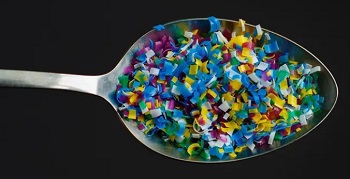
Petrochemicals CarbonFiber Plastics
